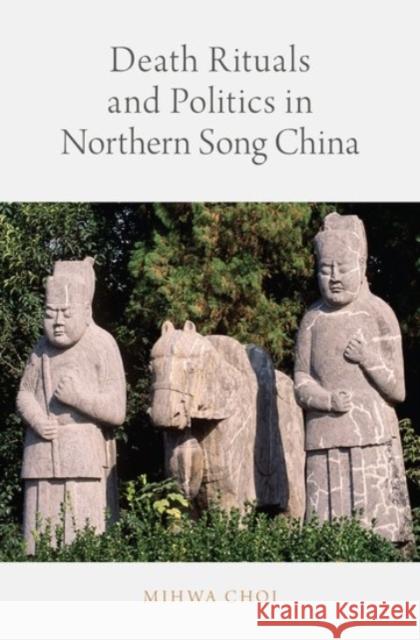Death Rituals and Politics in Northern Song China » książka
Death Rituals and Politics in Northern Song China
ISBN-13: 9780190459765 / Angielski / Twarda / 2017 / 248 str.
This study examines how political and legal disputes regarding the performance of death rituals contributed to an 11th-century revival of Confucianism in Northern Song China. Under Emperor Renzong (r. 1022-1063), court officials came to a consensus that the Confucian tradition was the sole legitimate source for imperial rituals, and thus put an end to the controversial civil program of honoring the royal ancestors with the Daoist liturgy. New legislation on the legal obligation of civil officers to observe the three-year period of mourning gave rise to frequent allegations of ritual violation, which in turn necessitated further studies of the classical ritual texts, the passing of additional laws, and the writing of new ritual manuals. Amid fierce factional divisions, a group of scholar-officials led by Sima Guang envisioned a statecraft that would lend more power to the bureaucracy, and provoked a series of political disputes with their criticism of the emperor's ritual violations. This group advocated the moral reformation of society. They believed in the canonical rituals' capacity to bring hierarchical social order, and waged campaigns against Buddhist and Daoist rituals, challenging their alleged capacity to ensure the well-being of the deceased in the world -beyond. Despite their efforts, funerary and burial practices would continue to be sites of contestation between ritual agents and their differing notions about life after death as well as for ritual preferences linked to their social status, political visions, and religious belief.











